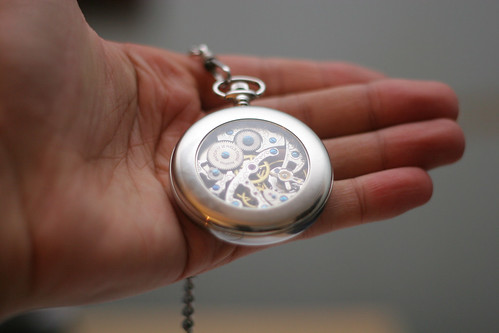 It would appear at times that the human condition thrives on complexity. Humans just love to make situations more complex. And when they do, it usually gets them in trouble.
It would appear at times that the human condition thrives on complexity. Humans just love to make situations more complex. And when they do, it usually gets them in trouble.
We see it in sport. At times you would think that it requires some modern day rocket scientist to coach a pro football team. At least that's what the pundits would have you believe. We do it in our own daily lives. We somehow find ways to make our days far more complex than they need be. Perhaps a more complex set of problems validates our challenging existence for the benefit of empathy and perhaps even rationalization of our behaviors.
We also do it in health care. Yes, the human body is based on a complex interaction of systems. But it is also operates on some very straightforward principles such as stimulus-response and homeostasis.
Rarely is the best solution the more complex option. Simplicity unto itself could be a prime health care solution. Just ask Albert Einstein.
Health care providers, more often than not, opt for more complex solutions to problems. Surely the answer can't be that simple, they will often say. We convince ourselves that the minutiae is important and integral to an understanding of the patient's problem - whether it is ultimately relevant or not.
What is interesting is that one of the great proponents of simplicity was none other than Albert Einstein, a physicist trying to make sense of, you guessed it, the universe.
"Everything should be made as simple as possible, but not simpler."
Remember, Einstein was trying to understand the universe - and simplicity was still the option of choice.
Leonardo da Vinci, another great thinker, noted:
"Simplicity is the ultimate sophistication."
Health care could learn a lot from the likes of Albert Einstein and Leonardo da Vinci. And not a moment too soon.
The great clinician is not the one that is able to micromanage a problem at greater levels of detail. The great clinician is the one that has the ability to distill the problem to its most important, elemental points - to establish "the essence of the problem". Or, as Antoine de Saint Exupery said -
"Perfection is reached not when there is nothing left to add, but when there is nothing left to take away."
Some clinicians will eventually arrive at this Zen-like understanding. Others will never arrive at this state of awareness.
Einstein distilled all this talk of simplicity down to a quote for the ages:
”If you can't explain it to a six year old, you don't understand it yourself."
But that complex answer sure does sound good, doesn't it?
Suffice it to say that making a problem (or solution) more complex has rarely, if ever, proved to be a successful strategy. Perhaps more importantly, we need to simplify the problem for the benefit of the patient. Health care reform solutions will be found in simplicity – because they sure haven’t been found in complexity to this point.
If simplicity was Einstein's answer to the cosmos, certainly it must be good enough for our patients as well.
Photo credits: Aaron Geller
 "Running Injuries: Etiology And Recovery- Based Treatment" (co-author Bridget Clark, PT) appears in the third edition and fourth editions of "Clinical Orthopaedic Rehabilitation: A Team Approach" by Charles Giangarra, MD and Robert C. Manske, PT.
"Running Injuries: Etiology And Recovery- Based Treatment" (co-author Bridget Clark, PT) appears in the third edition and fourth editions of "Clinical Orthopaedic Rehabilitation: A Team Approach" by Charles Giangarra, MD and Robert C. Manske, PT.
 Allan Besselink, PT, DPT, Ph.D., Dip.MDT has a unique voice in the world of sports, education, and health care. Read more about Allan here.
Allan Besselink, PT, DPT, Ph.D., Dip.MDT has a unique voice in the world of sports, education, and health care. Read more about Allan here.
 Top 5 finalist in three categories: "Best Overall Blog", "Best PT Blog" and "Best Advocacy Blog".
Top 5 finalist in three categories: "Best Overall Blog", "Best PT Blog" and "Best Advocacy Blog".